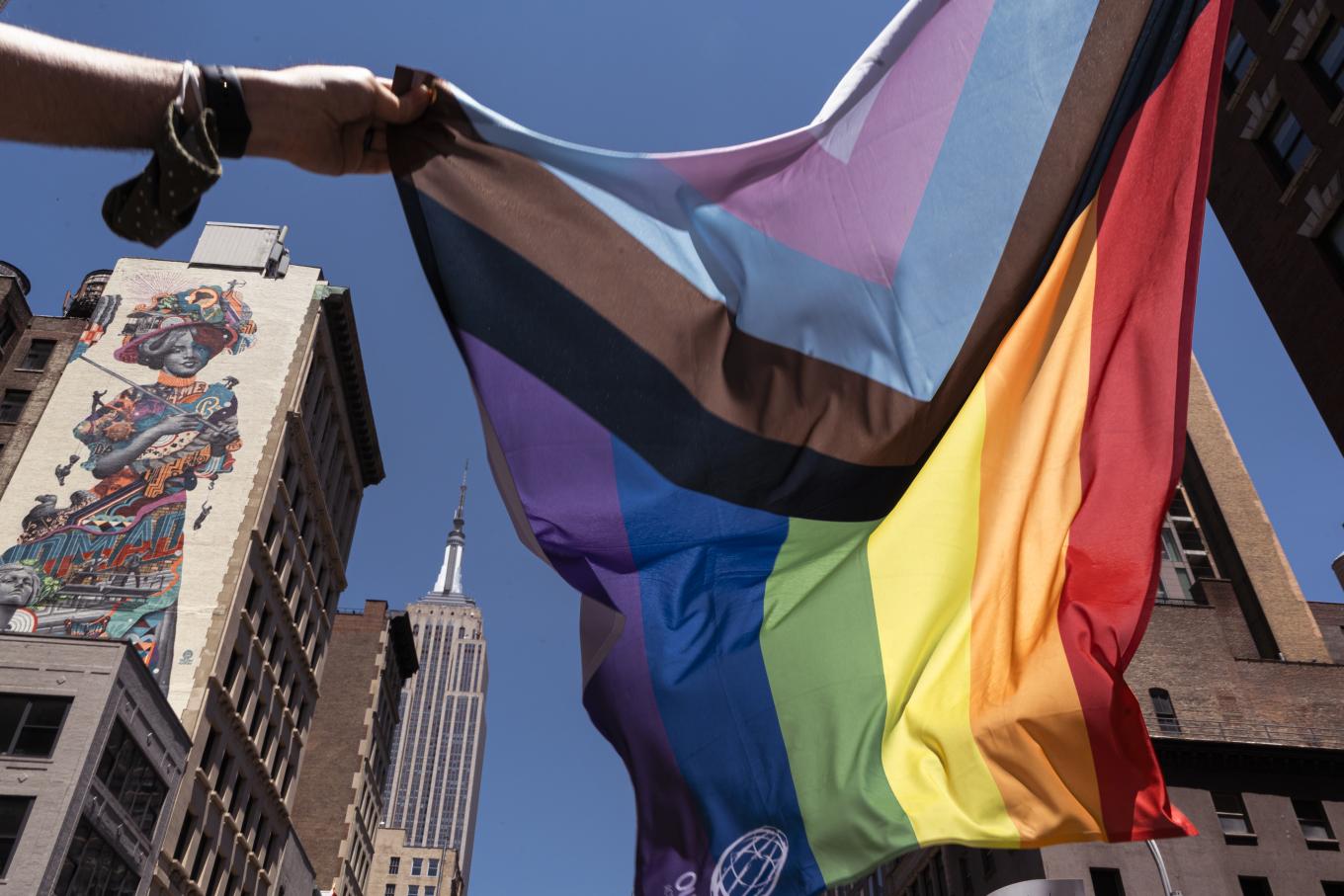
Country Overview
Uganda
At a glance
View more for this country:
Same-sex relations have been criminalized in Uganda since British colonial times. Sections 145 on “unnatural offenses” and 148 on “indecent practices” have been retained in the Penal Code since independence. “Carnal knowledge against the order of nature” between men carries a maximum sentence of life in prison. In 2013, parliament passed an Anti-Homosexuality Bill, signed into law by President Museveni in early 2014, which added new offenses related to same-sex sexual acts and LGBTQ advocacy. The Constitutional Court invalidated it on procedural grounds in the same year. In May 2023, President Yoweri Museveni signed into law the Anti Homosexuality Act 2023. In December 2023, the Constitutional Court of Uganda heard petitions challenging the law, arguing that it infringes upon the right to privacy, press freedom, and freedom of expression. The petitioners also contended that the law was rushed through Parliament without adequate public consultation. On April 3, 2024, the Constitutional Court largely upheld the law, declaring only four provisions unconstitutional, including Sections 39(2)(c) on aggravated assault, Section 9 criminalizing the owner of premises being used “for the purposes of homosexuality,” Section 11(2)(d) prohibiting the “promotion of homosexuality,” specifically for persons who lease or sublease, and Section 14 on the duty to report suspected offenders.
Since the passage of the law, Ugandan human rights groups have documented a rise in arrests, evictions, and violence. In August 2023, the World Bank suspended new loans to Uganda because the law’s discriminatory nature contravenes the multilateral bank’s Environmental and Social Framework.
Government officials have repeatedly shut down Pride events and other LGBTIQ events and conferences, and raided LGBTIQ-friendly social spaces. Films, television shows, and radio programs have been banned for “homosexual content,” and some media organizations have chosen to remove such content for fear of reprisal. In August 2022, the Ugandan government suspended the operations of Sexual Minorities Uganda (SMUG), a local NGO advocating for the rights of sexual and gender minorities. Despite threats, violent attacks, and arbitrary arrests, Uganda’s LGBTIQ activist community continues to advocate fervently for human rights.
*Outright research indicates that the bodily autonomy of intersex people is not respected and protected in this country.
Global Impact
Sub-Saharan Africa
Outright supports LGBTIQ organizations in Sub-Saharan Africa and works with mainstream human rights organizations to respect human rights and influence positive changes in laws, policies, attitudes and beliefs that cause discrimination against LGBTIQ people.
United Nations
Our work at the United Nations centers around advocating for the advancement of the rights of LGBTIQ people.
View this regionAsia
Our work in Asia promotes acceptance of sexual and gender diversity at all levels of society.
View this regionSouthwest Asia and North Africa
In the Southwest Asia and North Africa, we partner with local groups in various countries as part of our international solidarity work. We also work with our local partners on different topics through capacity building, advocacy, research and holistic security.
Europe and Central Asia
Outright International partners with activists to fight for an end to human rights violations based on sexual orientation, gender identity and gender expression in Europe and Central Asia, where most of our work involves emergency responses to harassment, discrimination, violence, and most recently, Russia’s brutal and expanded invasion of Ukraine.
Americas
Our work in the Americas continues to build on the fundamental and positive transformation of human rights protections in recent years. We partner with groups in the Caribbean that focus on ending gender-based violence and eradicating discrimination against trans people.
Pacific
Our work in the Pacific aims to increase the visibility of activists, respond to human rights emergencies, and actively bridge local, regional, and international activism to achieve equality and justice.
Global
View this region
Human Rights Research
Since 1990, we have partnered with activists from all over the world to produce hundreds of groundbreaking reports.
Read Our Reports